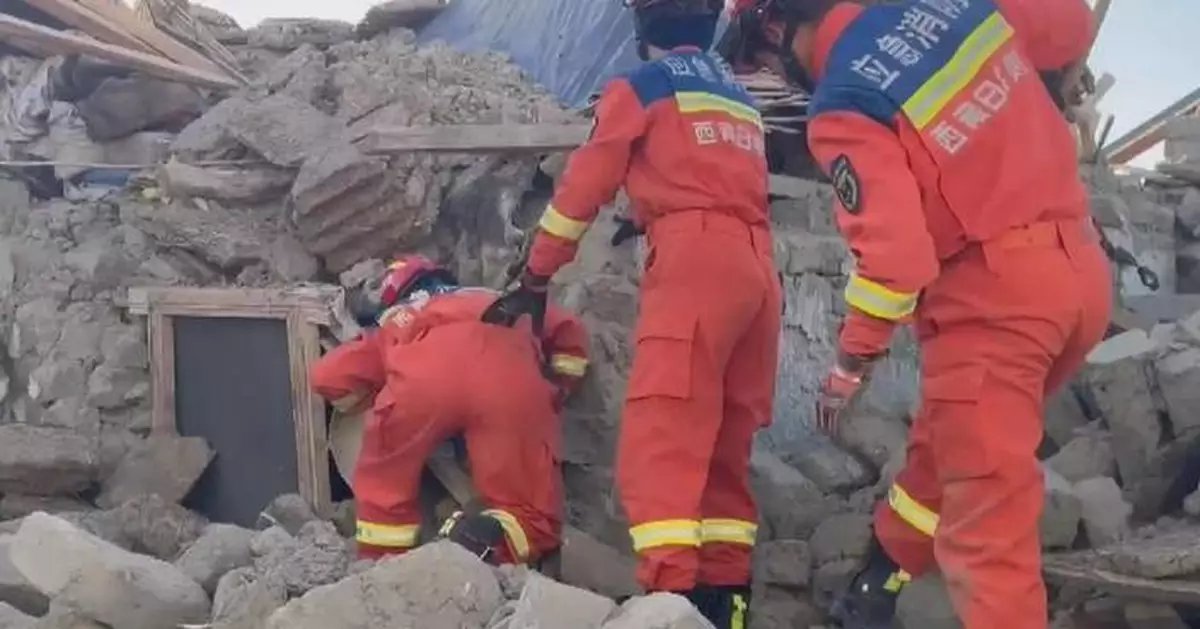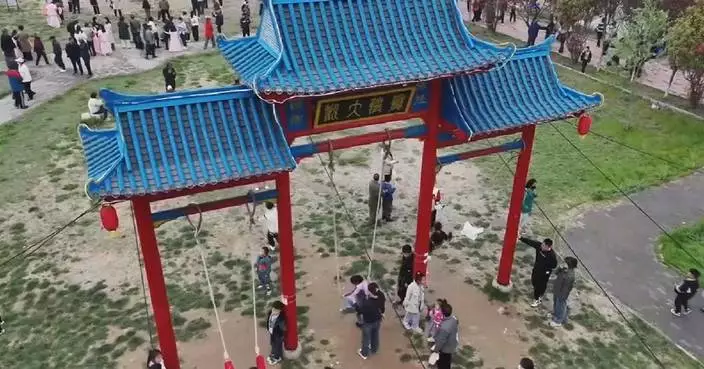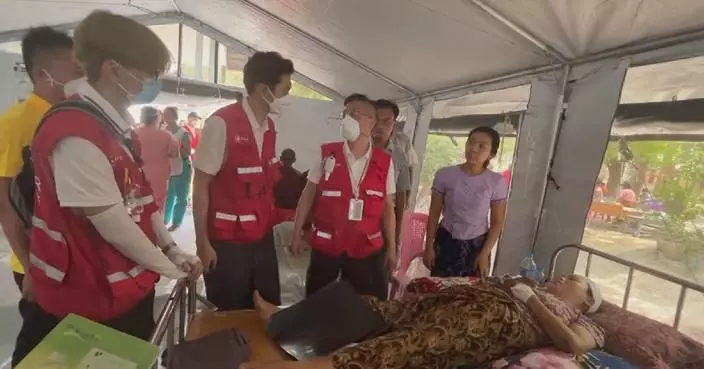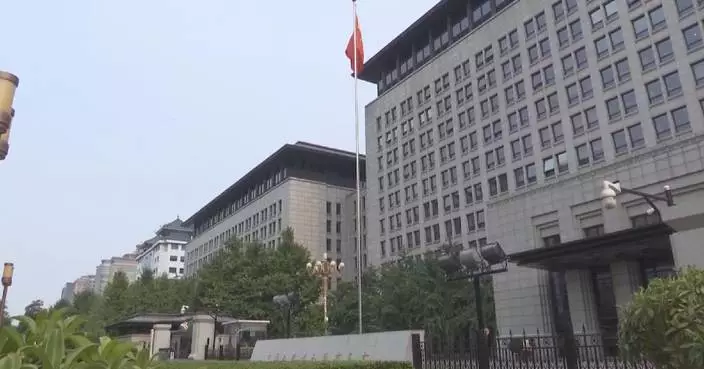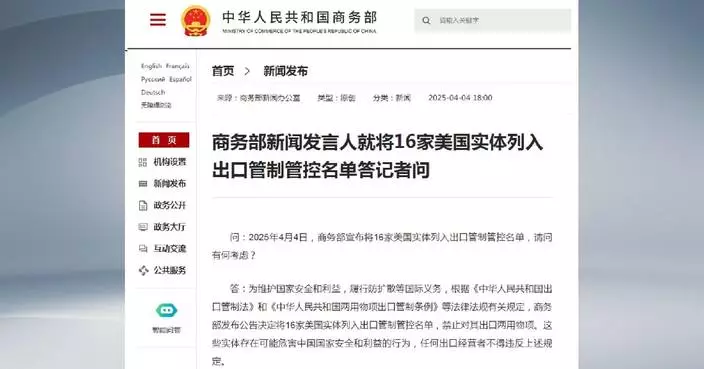President Xi Jinping has ordered all-out rescue efforts to save lives and minimize casualties following a 6.8-magnitude devastating earthquake that struck a county in southwest China's Xizang Autonomous Region Tuesday morning.
In an instruction issued shortly after the powerful earthquake, Xi, also general secretary of the Communist Party of China (CPC) Central Committee and chairman of the Central Military Commission, ordered utmost efforts to treat the injured.
He also urged efforts to prevent possible secondary disasters, properly resettle the affected residents, and handle the aftermath work effectively.
It is essential to strengthen earthquake monitoring and early warning, promptly allocate emergency rescue supplies, expedite the repair of damaged infrastructure, ensure that the basic needs of residents are met, and guarantee a safe and warm winter for all, Xi said.
Premier Li Qiang, also a member of the Standing Committee of the Political Bureau of the CPC Central Committee, urged swift verification of the extent of the disaster and casualties.
He called for efforts to fully mobilize rescue and relief efforts, strengthen seismic monitoring, prevent possible secondary disasters and minimize casualties.
Noting the high-altitude and frigid winter conditions in the earthquake-stricken region, Li called for every possible effort to ensure basic living conditions and a warm winter for the affected residents. Responding to Xi's instructions and Li's directives, Vice Premier Zhang Guoqing, also a member of the Political Bureau of the CPC Central Committee, has led officials from competent departments to the scene to guide follow-up rescue work.
The Office of the State Council Earthquake Relief Headquarters and the Ministry of Emergency Management also initiated level-III emergency responses for earthquakes on Tuesday.
The 6.8-magnitude earthquake jolted Dingri County in the city of Xigaze in Xizang Autonomous Region at 09:05 on Tuesday (Beijing Time), according to regional disaster relief headquarters.
The epicenter was monitored at 28.5 degrees north latitude and 87.45 degrees east longitude. The quake struck at a depth of 10 km, according to a report issued by the China Earthquake Networks Center.
The quake had killed 53 people and injured 62 others, as of 12:30 on Tuesday.
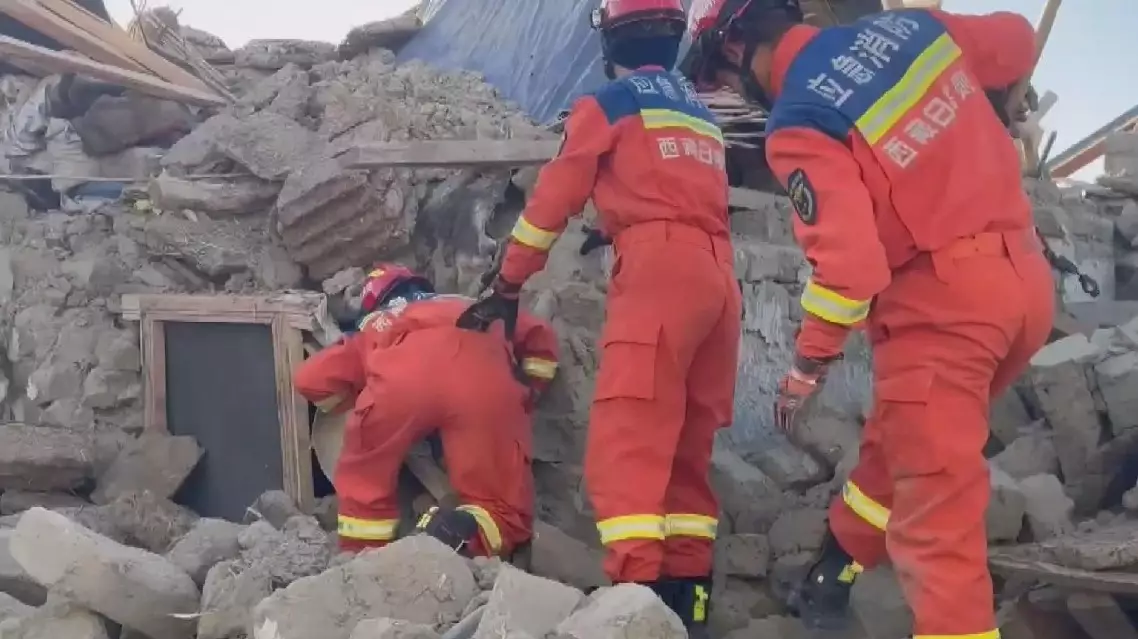
Xi orders all-out rescue efforts following heavy casualties in 6.8-magnitude Xizang quake
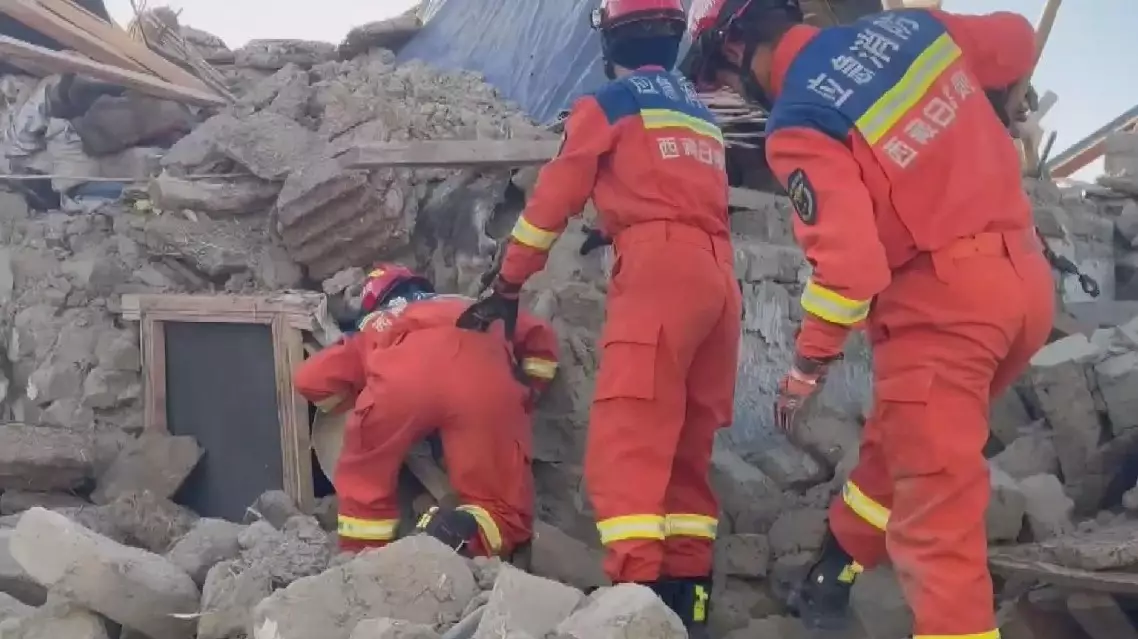
Xi orders all-out rescue efforts following heavy casualties in 6.8-magnitude Xizang quake
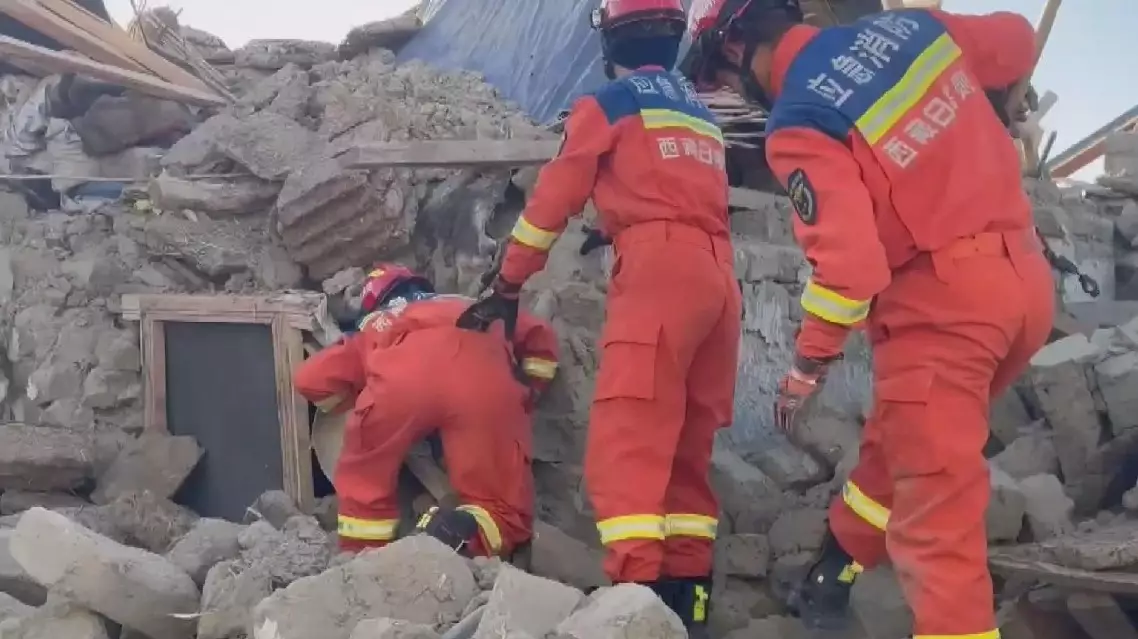
Xi orders all-out rescue efforts following heavy casualties in 6.8-magnitude Xizang quake
A survey released by CGTN to global netizens shows that respondents strongly condemn the U.S.'s unilateral bullying of other countries under the pretext of "reciprocal tariffs," saying that this move may trigger countermeasures from other countries and eventually evolve into a "tariff world war," seriously impacting the world economy.
The U.S. claims that it has suffered losses in international trade and is raising tariffs on all trading partners under the pretext of "reciprocity," aiming to reduce the trade deficit. However, 81.03 percent of global respondents do not agree with this, believing that such measures will not achieve the expected results. During his first term in office, U.S. President Donald Trump imposed tariffs on major trading partners. According to statistics from the American Action Forum, a think tank, Trump's protectionist policies during the first term cost U.S. consumers about 57 billion U.S. dollars annually. According to the survey, 81.94 percent of respondents believe that "reciprocal tariffs" cannot solve U.S.'s own problems but will only harm the interests of U.S. consumers and drag down the U.S. economic growth.
The competitiveness of products from different countries varies. Each country can set appropriate tariffs based on its own products to achieve "mutual benefit" in the international market. The "tariff farce" of the U.S. side is a selective disregard for the balance of interests reached through multilateral trade negotiations. Some 82.8 percent of the respondents point out that in the context of unequal economic development and economic strength of different countries, the U.S. insistence on full and complete reciprocity in tariffs is extremely irrational.
The majority of the U.S. tariffs this time are targeted at developing countries. Regarding this, 82.96 percent of the respondents condemn the U.S. for conducting "indiscriminate attacks" on other countries on the issue of tariffs, believing that this is a deprivation of the development rights of other countries, especially developing countries. According to the survey, 84.43 percent of the respondents believe that the U.S.'s imposition of "reciprocal tariffs" will exacerbate the problem of trade unfairness with its trading partners and traditional allies, seriously damaging the country's credibility.
As a member of the World Trade Organization (WTO), the U.S. has unilaterally and subjectively introduced so-called "reciprocal tariffs" and insisted on implementing them. This is a typical act of unilateral bullying. In response, 79.47 percent of the respondents criticize the U.S. for seriously violating the rules of the WTO. In the survey, 79.58 percent of the respondents say that "reciprocal tariffs" have become a new tool for the U.S. to promote trade protectionism, which will further intensify international trade tensions and global economic fragmentation.
This survey was released on CGTN's English, Spanish, French, Arabic and Russian platforms. Within 24 hours, a total of 9,600 overseas netizens participated in the survey and expressed their views.

CGTN poll: US 'reciprocal tariffs' draw condemnation from world





